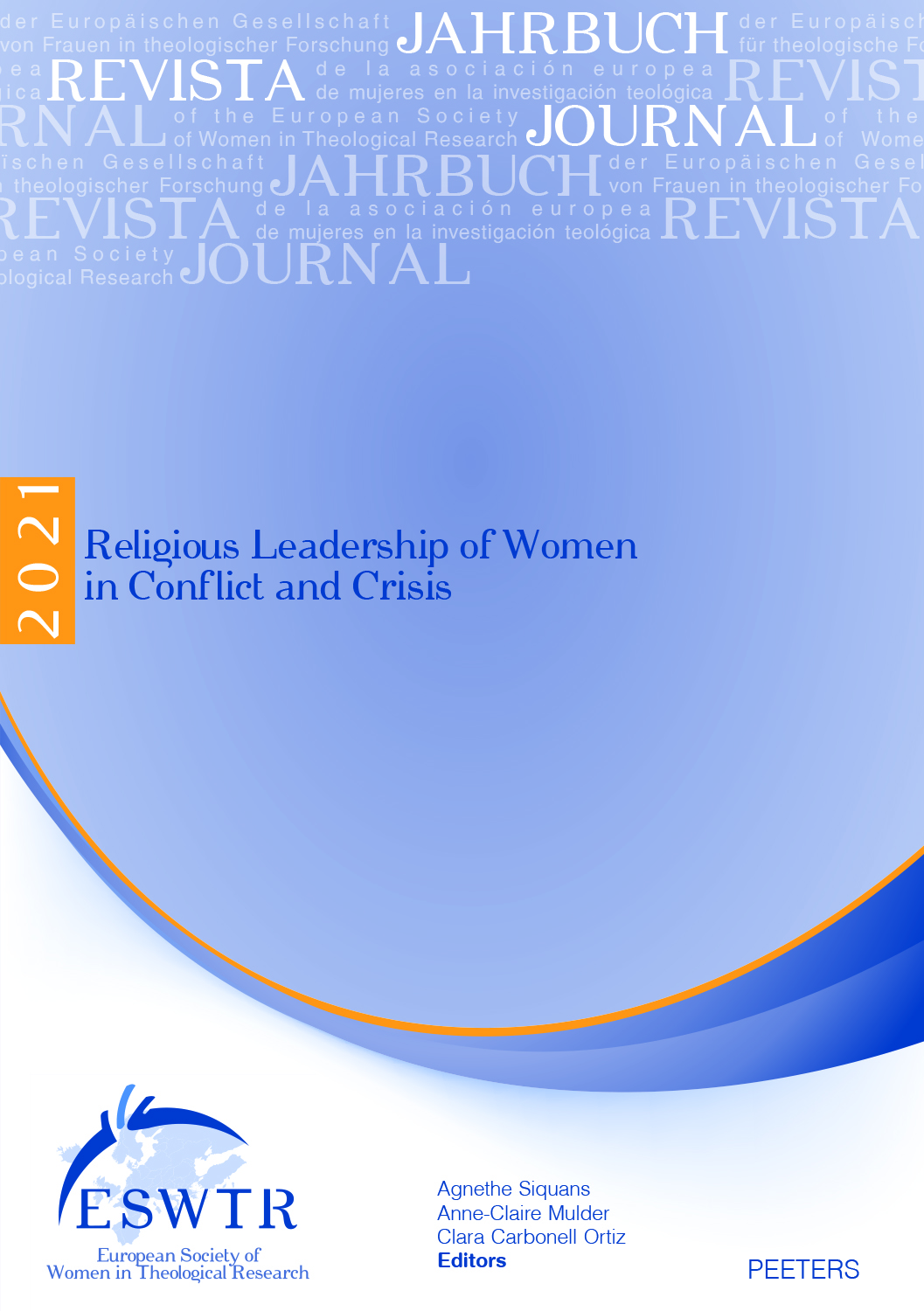 previous article in this issue previous article in this issue | next article in this issue  |

|
Document Details : Title: Zur aktuellen Hochschulpolitik Subtitle: Warum eine ganze Generation der Wissenschaft verloren geht und über die Chancen für Frauen Author(s): SCHEEPERS, Rajah Journal: Journal of the European Society of Women in Theological Research Volume: 16 Date: 2008 Pages: 177-191 DOI: 10.2143/ESWTR.16.0.2036256 Abstract : A plan to abolish the habilitation is being implemented at German universities, bringing great changes that will also affect young women academics. In order to complete this post-doc thesis, a prerequisite for obtaining a full professorship, the candidates used to be given special positions as research assistants. Now these positions have also been abolished. The ‘junior professorships’ created to take their place have not been made available to the necessary extent (800, instead of the promised 6000). At the same time, there is still an obligation to complete a habilitation in the humanities. So what happens now after the doctorate, and what are the opportunities and risks for women on this rocky road? Statistically, it can be shown that this is the point at which women turn their back on research – in contrast to their male colleagues. Only one fifth of habilitations are achieved by women and they only occupy one tenth of the best endowed professorships. Nevertheless: anyone who survives the rigours of the habilitation has the same good – or poor – chances of receiving an appointment as their male colleagues. The author tries to indicate ways of protecting women from being discouraged and giving up, e.g. the ESWTR mentoring programme. El plan para la eliminación de la habilitación o segundo doctorado: en las universidades alemanas se está produciendo un cambio radical debido a lo que ha dado en llamarse 'las nuevas generaciones de científicos y estudiosos'. Para acabar con la habilitación como requisito de acceso a las cátedras profesorales, se eliminaron los puestos de 'asistente' que permitían obtener un segundo doctorado. En su lugar iban a ofertarse puestos de profesor universitario junior, de los que al final salieron pocas plazas (800 en vez de las 6.000 convenidas). Mientras, en las ciencias filosóficas se mantenía el requisito de la habilitación. ¿Qué ocurre entonces después de la graduación? ¿Qué oportunidades y qué riesgos existen para las mujeres en este accidentado sendero? Según las estadísticas, la graduación es el momento en que las mujeres, en mayor medida que sus colegas varones, abandonan el camino de la ciencia. Tan sólo una quinta parte de las habilitaciones corresponde a mujeres y únicamente una décima parte de las cátedras más bien dotadas económicamente las ocupan mujeres. A pesar de ello, la que resiste hasta la habilitación tiene la misma probabilidad (o la misma improbabilidad) de que se la designe para un puesto que un hombre. La autora señala vías contra el desánimo y el abandono, como el programa de tutoría de la ESWTR/AFERT. |
 |
